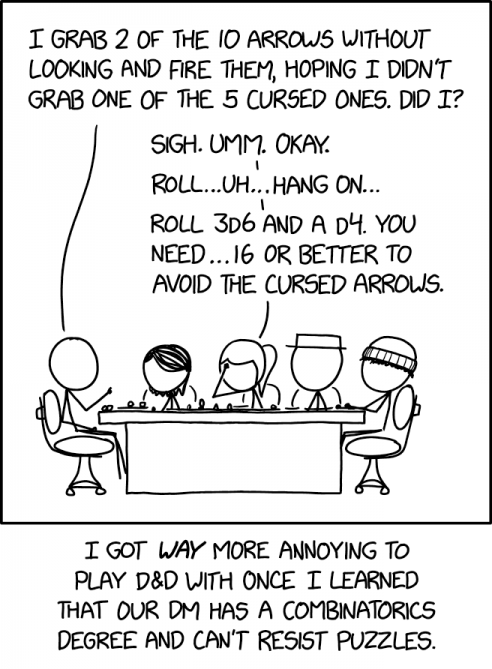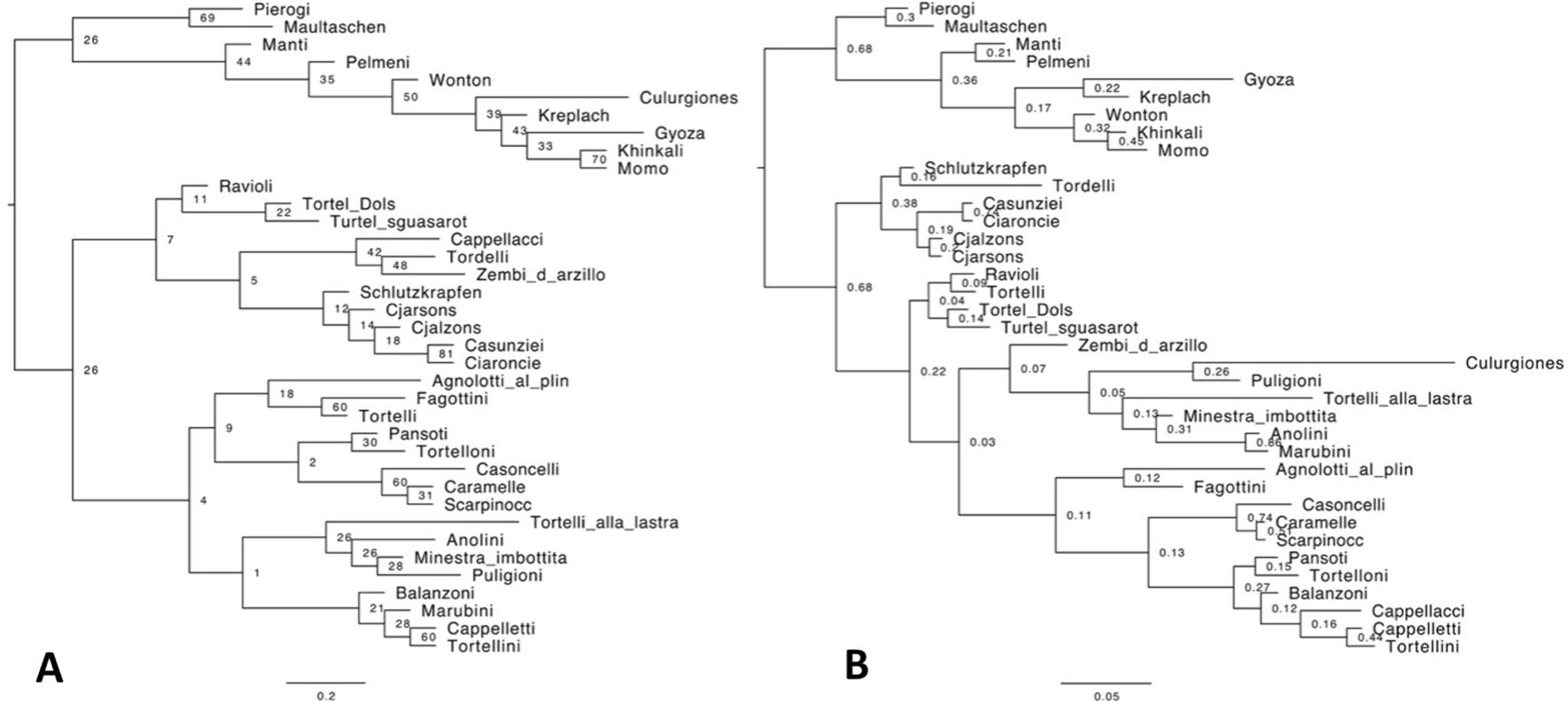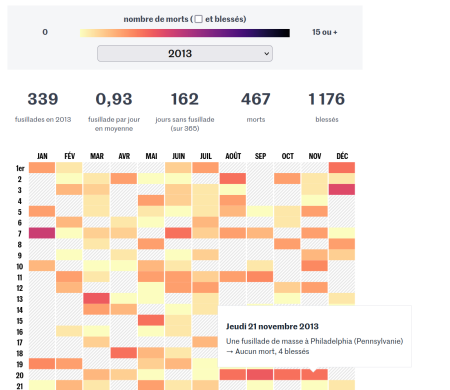registration open for BayesComp 2025
The registration for the incoming, exciting, Bayes Comp 2025 conference (and its satellites) is now open, including information regarding accommodations for the conference. Early bird rates run till 15 March. Furthermore, the call for contributed talk...

















